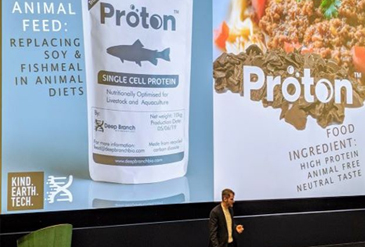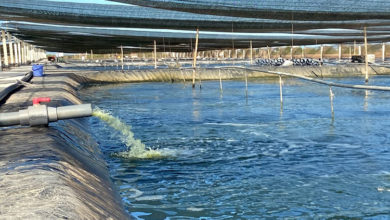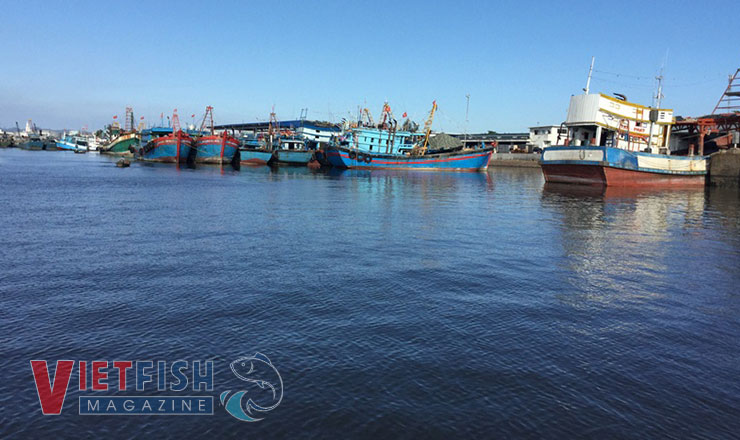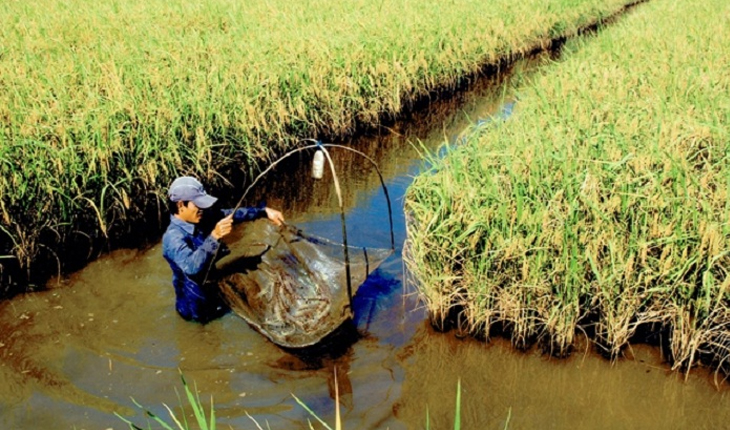Coding and locating each pangasius farm
The direct export of pangasius to the Chinese market is facing new challenges with traceability and identification codes being included.
Until mid-August 2019, the General Directorate of Fisheries said that more than 5,200 of 5,400 pangasius farms have been granted identification codes in the Mekong Delta.
According to Trần Thanh Phong, Deputy General Secretary of the Vietnam Pangasius Association, the majority of pangasius farms would be coded by the provincial sub-departments of fisheries. Farmers were required to strictly control their farms from stocking density to growing ponds in the harvest run-up. Nguyễn Ngọc Hải, the owner of a pangasius hatchery in Ô Môn district of Cần Thơ city, said the key requirements to a pangasius farming facility are the business license, the satisfaction of required standards, and the identification code given by the local sub-department of fisheries.
The pangasius farm will be granted a certificate if it passes the quality checking. A hatchery must provide full papers from where it buys the fingerlings. The production of fish fries is recorded by the farmers or traders to create a basis for possible verification when an incident occurs.
Hải said each farm which stocks commercial pangasius or fish fries will be identified by early 2020. The farmer must report the quantity of stocked pangasius upon the contract signed with the related company at the beginning of each crop. The company has to consider the market demand for pangasius of each size and decide the quantity to purchase. Meanwhile officers of local fishery agencies are responsible for updating the information of stocking, farming, and harvest.
Pangasius farms in the Mekong Delta are located along the two sides of the Hậu and Tiền rivers. Cần Thơ, Đồng Tháp, Bến Tre and An Giang are the leading provinces known for pangasius farms and production in the area.
Trần Thanh Hải, Head of Cần Thơ Sub-department of fisheries, said they started to survey in 2018 and have given identification codes to 600 pangasius farms.
Most farmers are aware of the Government’s law, regulations and technical requirements related to pangasius growing ponds, ensuring animal sanitation, environmental protection and food safety. This has facilitated imprpved control and management of disease outbreaks in farms.
VFM






